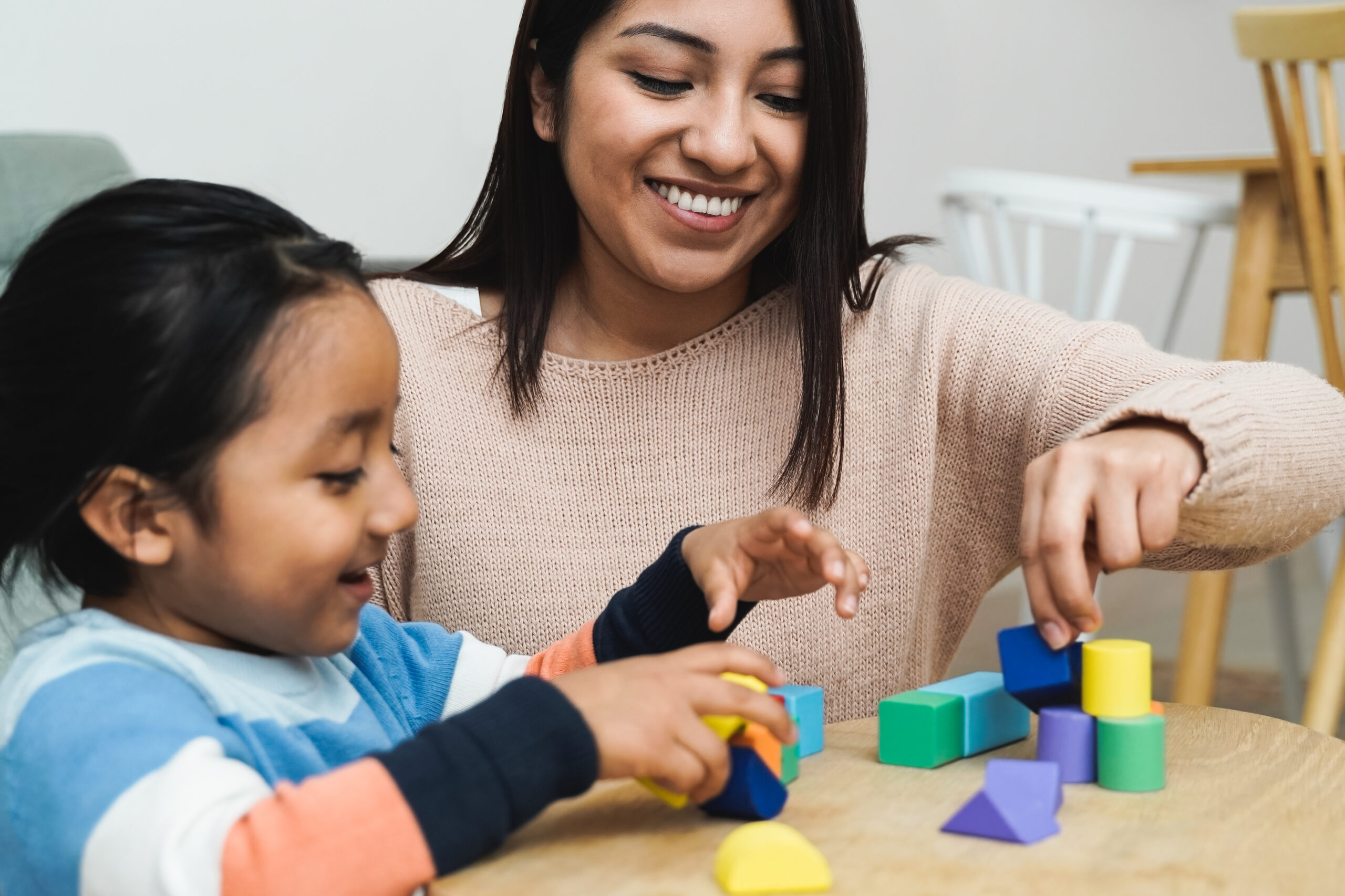Finding Child Care Guide
A step-by-step guide to finding the right place for your child.
You are the expert when it comes to your child. This guide offers steps for choosing care, questions to ask programs, and things to look for as you visit child care programs. It also has additional information about child care and links to useful resources.
This guide is available for download in English, Spanish, Somali, and Hmong, and print copies are available in English and Spanish.
Download the Guide

Finding Child Care Guide Order Form
For Support Staff
Are you interested in ordering this guide in bulk? Email your request to PrintMaterials@parentaware.org.
Are you a social worker, financial worker, job coach, counselor, health care professional, or someone else who helps families with their child care search? Use our free toolkit, “Intermediary Toolkit: Helping Parents and Families Find Child Care.”